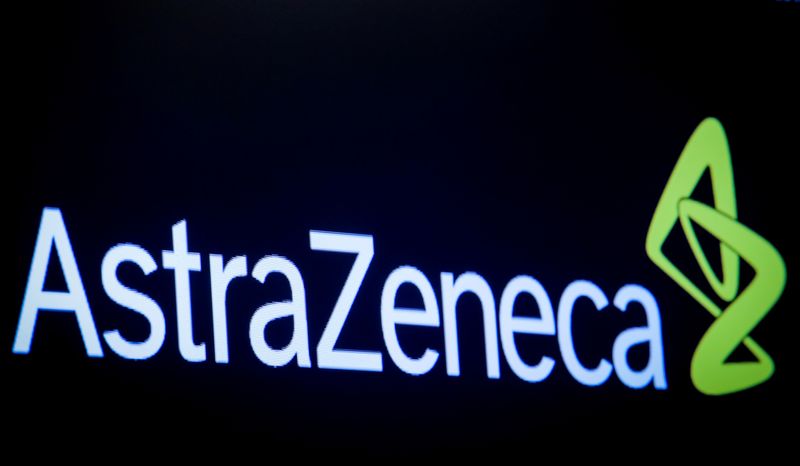This post was originally published on this site
https://i-invdn-com.akamaized.net/trkd-images/LYNXNPEG6J0XM_L.jpg
“There is still much work to be done before we can confirm if our vaccine will help manage the COVID-19 pandemic, but these early results hold promise,” vaccine developer Sarah Gilbert said.
“We still do not know how strong an immune response we need to provoke to effectively protect against SARS-CoV-2 infection.”
Gilbert said researchers needed to learn more about COVID-19 and continue late stage trials which have already commenced.
AstraZeneca shares spiked higher, but then gave up some gains, to last trade up 0.4% on the day.
AstraZeneca’s is among the leading vaccine candidates against a pandemic that has claimed more than 600,000 lives, alongside others in mid and late-stage trials.
These include shots being developed by China’s Sinovac Biotech, another from state-owned Chinese firm Sinopharm, and one from the U.S. biotech firm Moderna (NASDAQ:MRNA).
AstraZeneca has signed agreements with governments around the world to supply the vaccine should it prove effective and gain regulatory approval. The company has said it will not seek to profit from the vaccine during the pandemic.
Researchers said the vaccine caused minor side effects more frequently than a control group, but some of these could be reduced by taking paracetamol, with no serious adverse events from the vaccine.
AZD1222 was developed by Oxford university and licensed to AstraZeneca, which has put it into large-scale, late-stage trials to test its efficacy. It has also already signed deals to produce and supply over 2 billion doses of the shot.
The new trial included 1,077 healthy adults aged 18-55 years with no history of COVID-19.
“Today’s data increases our confidence that the vaccine will work and allows us to continue our plans to manufacture the vaccine at scale for broad and equitable access around the world,” said Mene Pangalos, Executive Vice President of BioPharmaceuticals Research and Development at AstraZeneca.

